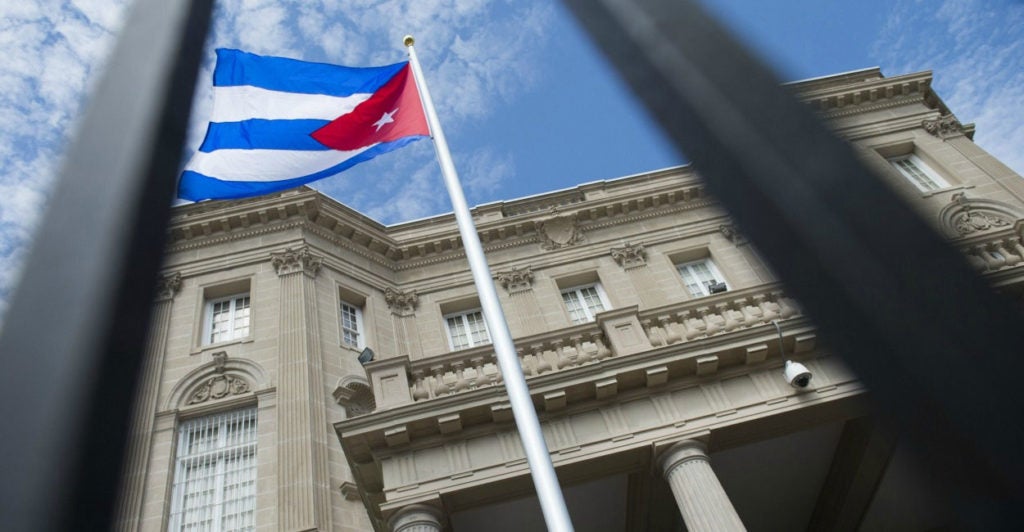Sens. Ted Cruz, R-Texas, Marco Rubio, R-Fla., and Bob Menendez, D-N.J., have reintroduced a bill to rename the street outside the Cuban Embassy in Washington, D.C., after Oswaldo Payá.
This bill conveys a sense of solidarity with the Cuban people whose rights have long been abused by their corrupt and evil government.
Human rights violations continue in Cuba, despite what proponents of President Barack Obama’s Cuba policy believe. It has been two years since the Obama administration attempted to normalize relations with the Cuban government.
But what has actually changed?
Attempting to normalize relations has only bought tourists a cozy island getaway and some commodities like cigars and rum to bring back with them. It has given the Cuban people nothing.
Since 1961, the Cuban government has oppressed and imprisoned dissidents simply for disagreeing with the regime. Today, this is still the case. There is no freedom or prosperity in a place like this.
More importantly, there are no protections for even the most basic of human rights. Any dissent in Cuba is met with imprisonment, violence, and even death.
Payá was one of those people.
Payá, the founder of the Christian Liberation Movement, established himself as one of the most well-known dissidents in Cuba. Tragically, his life was cut short before he could see his dream of a freer and democratic Cuba realized.
In 2012, Payá died in a car accident when his car was run off the road. His incredible story includes intentionally staying on the island, even after having the opportunity to leave in 1980 on the Mariel boatlift.
The independent Human Rights Foundation has found the Cuban government culpable for his death.
Payá committed his life to the promotion of human rights and democracy in Cuba, and in making that decision, he also made a commitment to stay in Cuba. Although he will never see the complete fruits of his labor, the important groundwork that he laid will enable future generations to secure and protect the human rights of all Cubans.
His daughter, Rosa María Payá, continues his activism efforts in Cuba. She was recently set to present a human rights award to Luis Almagro, the secretary-general of the Organization of American States, but the Cuban government denied entry to him and former heads of state.
The Castro regime simply could not allow an awards ceremony that would champion and celebrate human rights and democracy to take place.
The Cruz, Rubio, and Menendez bill will serve as a reminder, not only of Oswaldo Payá’s life, but of the purpose of his life and all the things for which he fought. If the bill passes, Cuban diplomats will be given a daily reminder of their criminality.
Those who promote human rights and democracy may be persecuted in Havana, but they are celebrated in the United States. The Castro regime has a long and consistent history of human rights violations, and even though other nations, like Venezuela, may imitate it, it will not last.
Payá gave his life to lay a firm and resolute foundation for change. The base he created will continue to thrive and inspire others to complete his work.
